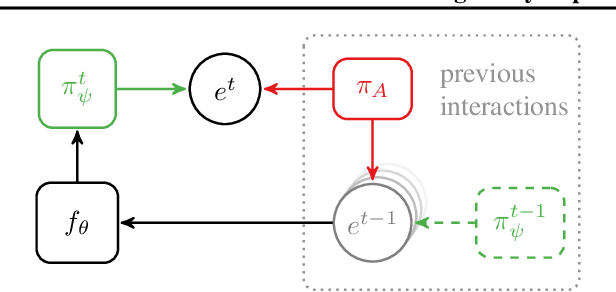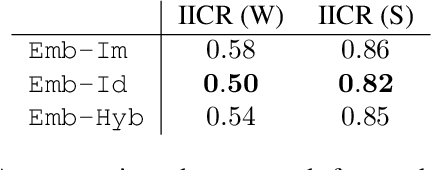Yura Burda
Let's Verify Step by Step
May 31, 2023



Abstract:In recent years, large language models have greatly improved in their ability to perform complex multi-step reasoning. However, even state-of-the-art models still regularly produce logical mistakes. To train more reliable models, we can turn either to outcome supervision, which provides feedback for a final result, or process supervision, which provides feedback for each intermediate reasoning step. Given the importance of training reliable models, and given the high cost of human feedback, it is important to carefully compare the both methods. Recent work has already begun this comparison, but many questions still remain. We conduct our own investigation, finding that process supervision significantly outperforms outcome supervision for training models to solve problems from the challenging MATH dataset. Our process-supervised model solves 78% of problems from a representative subset of the MATH test set. Additionally, we show that active learning significantly improves the efficacy of process supervision. To support related research, we also release PRM800K, the complete dataset of 800,000 step-level human feedback labels used to train our best reward model.
Learning Policy Representations in Multiagent Systems
Jul 31, 2018



Abstract:Modeling agent behavior is central to understanding the emergence of complex phenomena in multiagent systems. Prior work in agent modeling has largely been task-specific and driven by hand-engineering domain-specific prior knowledge. We propose a general learning framework for modeling agent behavior in any multiagent system using only a handful of interaction data. Our framework casts agent modeling as a representation learning problem. Consequently, we construct a novel objective inspired by imitation learning and agent identification and design an algorithm for unsupervised learning of representations of agent policies. We demonstrate empirically the utility of the proposed framework in (i) a challenging high-dimensional competitive environment for continuous control and (ii) a cooperative environment for communication, on supervised predictive tasks, unsupervised clustering, and policy optimization using deep reinforcement learning.
 Add to Chrome
Add to Chrome Add to Firefox
Add to Firefox Add to Edge
Add to Edge